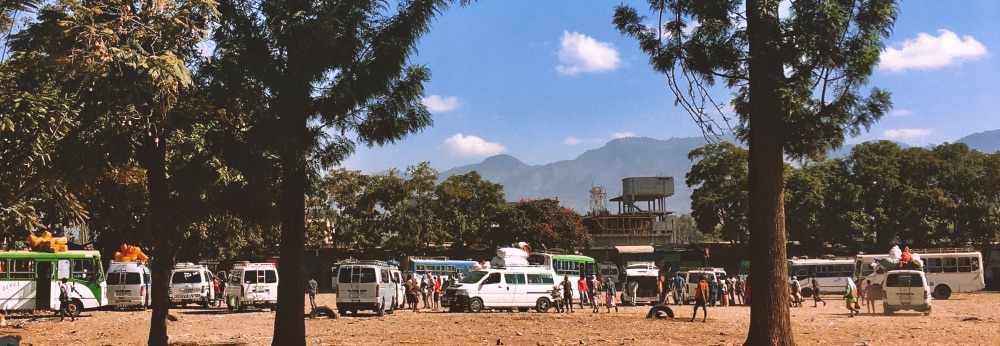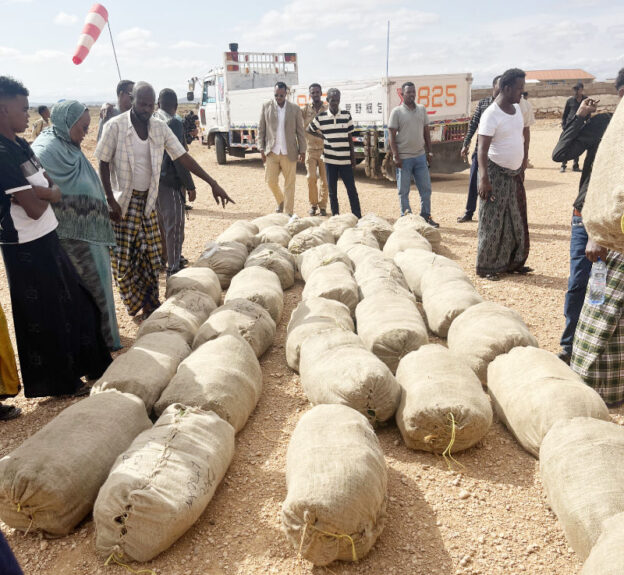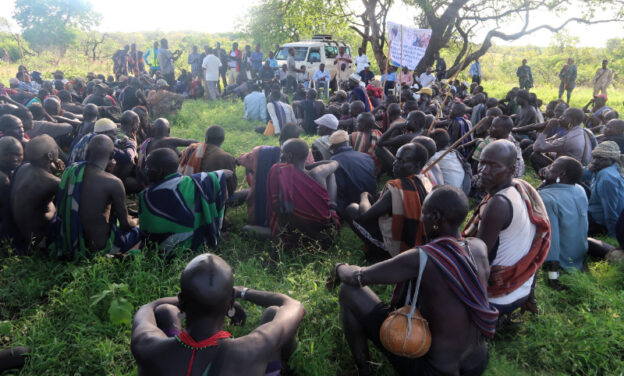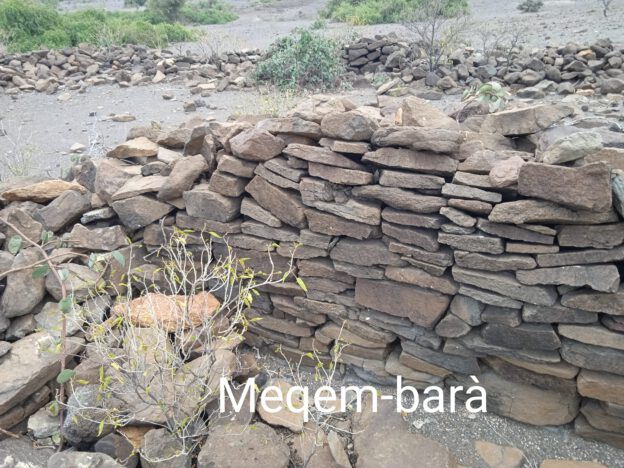Jethro Norman
11 December 2025,18:00 CET (registration see below)
This presentation draws on multi-sited fieldwork conducted in northern Somalia in 2025 to examine how time-sensitive trade generates political authority in contexts of state fragility and conflict. I develop the concept of ‚perishable sovereignty‘ to describe how khat’s extreme temporality; its 12-72 hour viability window, its predictable, daily rhythms spanning three countries, forces coordination between traders, transporters, clan networks, and emergent state institutions. This synchronisation produces governance effects that precede and exceed formal political structures. The 2023 Las Anod conflict and subsequent formation of Northeastern State of Somalia provides a useful case. When war came, commercial infrastructure rapidly converted into military capacity; when peace followed, the nascent state encountered economic actors whose logistical power it could not yet match. What does it mean if soveriegnty is constituted temporally before it is constituted territorially, through the management of speed-dependent flows rather than comprehensive spatial control? The presentation offers preliminary findings and invites discussion on how commodity temporalities shape political order.
Jethro Norman is a Senior Researcher at the Danish Institute for International Studies (DIIS) in Copenhagen. He specializes in anthropological, fieldwork-driven research on conflict, humanitarian action, security, and the political economy of aid in the Somali regions and the broader Horn of Africa.
Registration by Email




